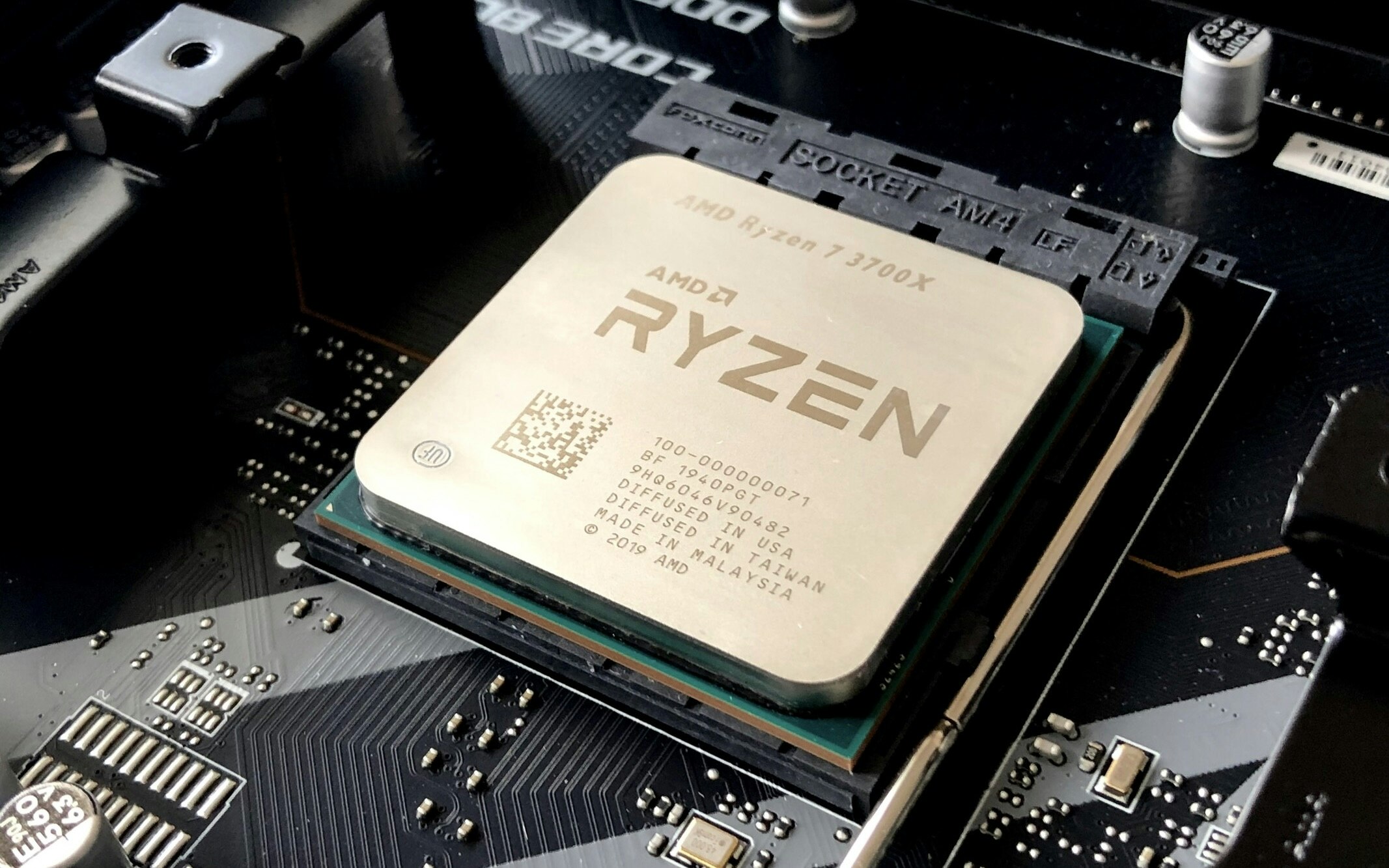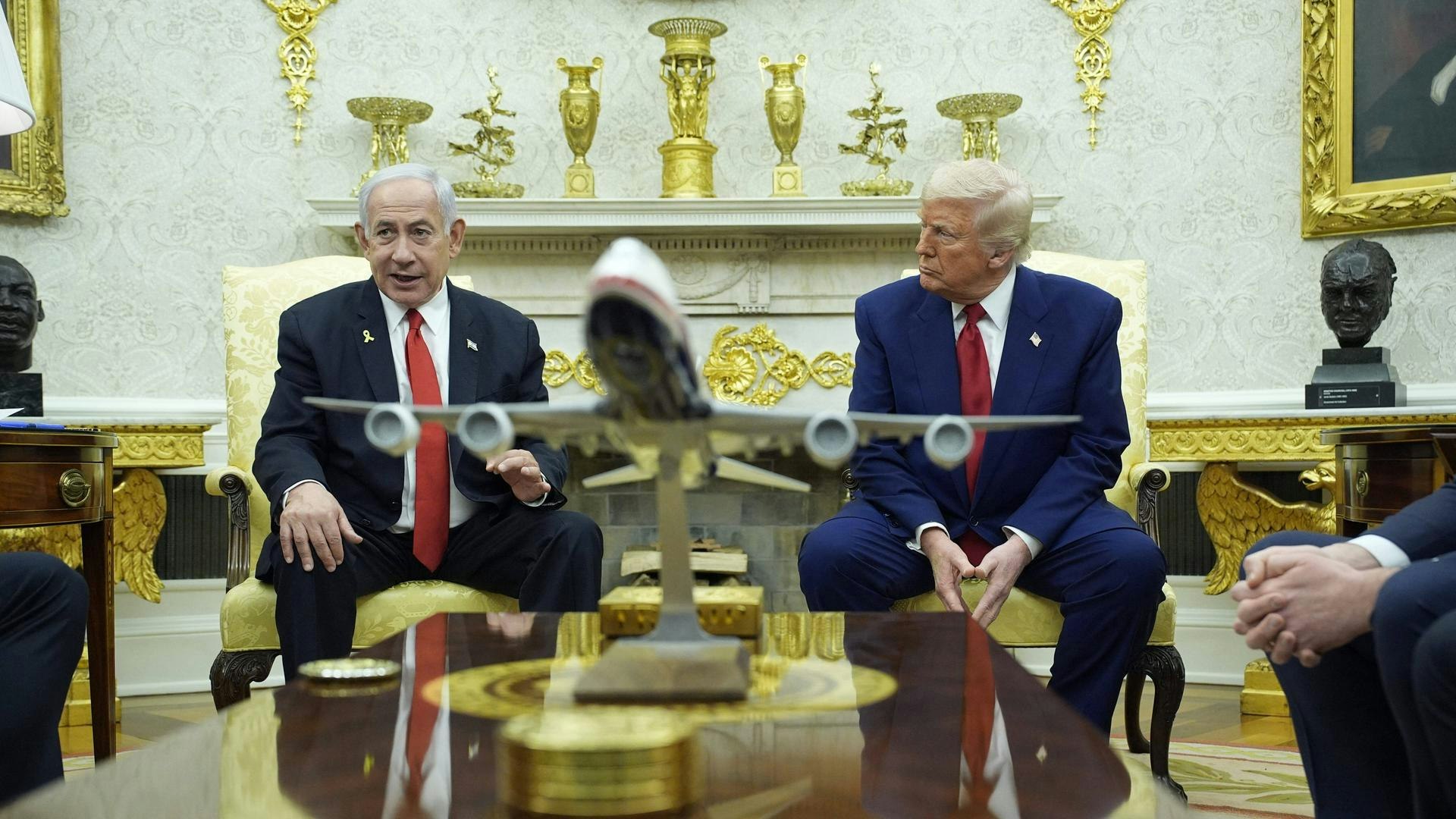The US government has initiated a national security review of artificial intelligence (AI) development in the Middle East.
Already last year, the US government had introduced export restrictions to deny China access to advanced semiconductor technology. These restrictions have now been extended to much of the Middle East. The reason for this is the concern that Chinese companies, which are already largely cut off from modern US technology, could access the chips via data centers in the Middle East.
The US Department of Commerce emphasized in a statement that protecting national security is the highest priority. "Regarding the most advanced technologies, we conduct a comprehensive due diligence review as part of an interagency process and thoroughly examine license applications from applicants intending to deliver these advanced technologies worldwide," a department representative explained. "As always, we remain committed to working with our partners in the Middle East and around the world to protect our technological ecosystem.
It remains unclear how long the review will take and what exactly is meant by a "large shipment." According to the information, officials are focusing primarily on bulk sales, as countries in the Middle East are attempting to import large quantities of chips used in AI data centers.
The United Arab Emirates and Saudi Arabia compete for regional leadership in the field of AI. Both countries want to reduce their dependence on oil and see the USA as an important partner in these efforts. Senior officials and companies in these countries have already indicated that they would comply with US demands to keep Chinese supply chains separate or completely detach from Chinese technology.
Overall, this development highlights the growing geopolitical tensions surrounding access to advanced semiconductor technology and the importance of AI in global competition.






